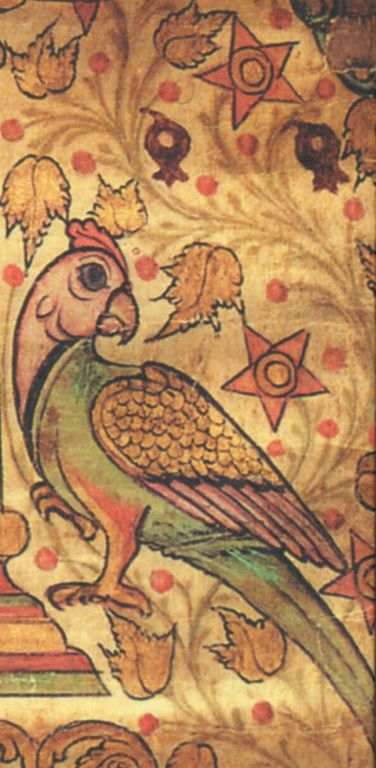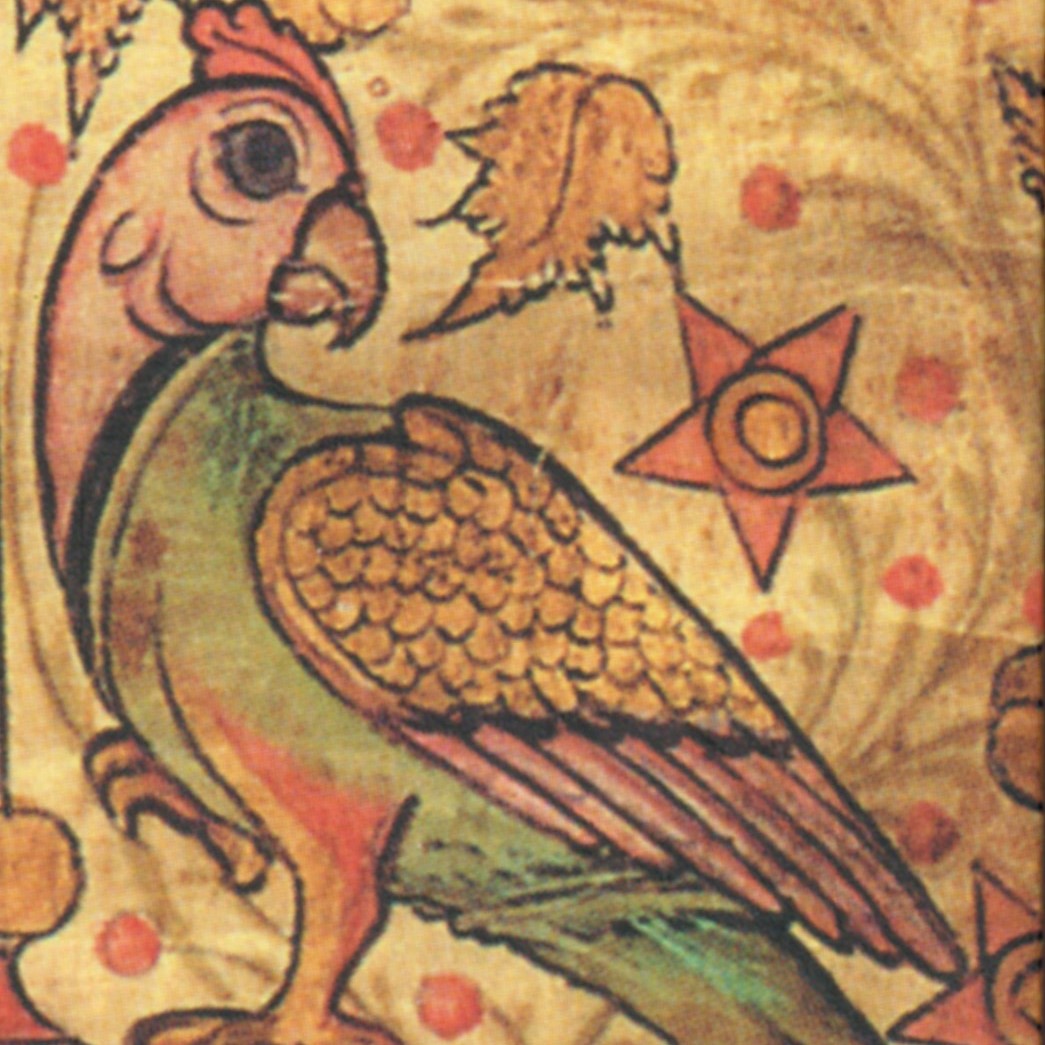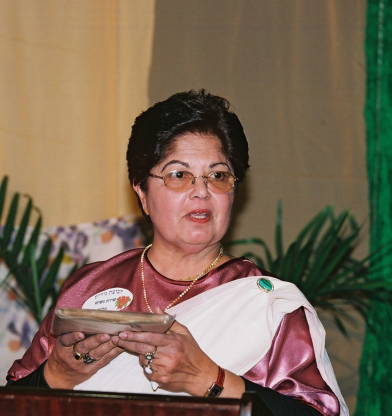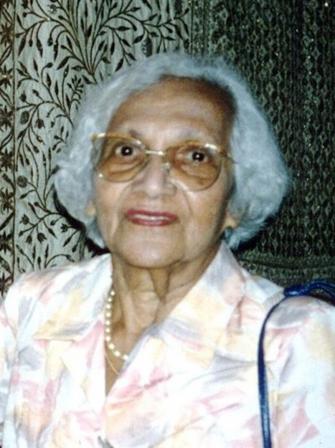2002
74. The Fifth of Iyar
Galia Hacco. Recorded at NSA Studio, June 9, 2002. CD Track 38; I-32.
Ĕṇṇi ĕṇṇi tīṟttu dinaṃ—vanallŏ iyyāṟ anjju
Ādinattĕ āḍippāḍi—āghoṣaṃ kŏṇḍāḍaṇaṃ,
Nāṃ āghoṣaṃ kŏṇḍāḍaṇa
1. Counting, counting, count the days;
The Fifth of Iyar has arrived!
With dancing and with songs of joy
Let us celebrate that day! (x2)
Isṟāĕl rājyaṃ—Isṟāĕl rāṣtṟaṃ
Isṟāĕl patākayĕ—uyaraṭṭĕ vānil
Vegaṃ uyaraṭṭĕ vānil
2. The country of Israel,
The nation of Israel—
May the flag of Israel
Quickly rise into the sky. (x2)Chorus:
Counting, counting, count the days;
The Fifth of Iyar has arrived!3. Never will this happy day
Be erased from our minds.
A Jew who fails to celebrate—
Can he really be a Jew?
Is he a member of our caste?[Chorus]
4. When the brutal English left,
Who behaved like animals,
Our freedom they left behind,
And our youth took it up. (x2)5. And so may they all be blessed—
For many years may they be blessed,
May they be forever blessed. (x2)[Chorus]
Each year from 1948 until their mass departure for Israel in 1954, Kerala Jews celebrated Israeli Independence Day with music and flag-raisings on the fifth day of the Hebrew month of Iyar, the date on which the British Mandate over Palestine ended and Israel declared its own independence. According to Rivka Yehoshua, the words to this song were written in Parur by a young man named Siyon Vadakamuttu, to be performed by herself and other girls from the town for the annual celebration in nearby Chendamangalam. The centrality of community participation in such events is highlighted in the lines questioning whether a non-Zionist can really be a Jew—literally asking “Does he belong to our caste?”
Disparagement of the “brutal Englishmen” who behaved “like animals”—in Palestine as well as colonial India—offers a stark contrast to the almost messianic hopes for the British Mandate expressed during the 1920s in “Our Country” (song 70). It also shows the probable influence of nationalist songs of the “freedom struggle” period leading up to Indian Independence in 1947.
The tune for this song was taken from the popular 1950s cinema song “Ĕnni ĕnni parkum manam,” composed by R. Sudarsanam, from the 1949 Tamil film Valukayi (“Life”). Beginning with the same words “counting, counting,” the singer of the cinema song is counting the joy in his heart, rather than the days to Israeli independence.







